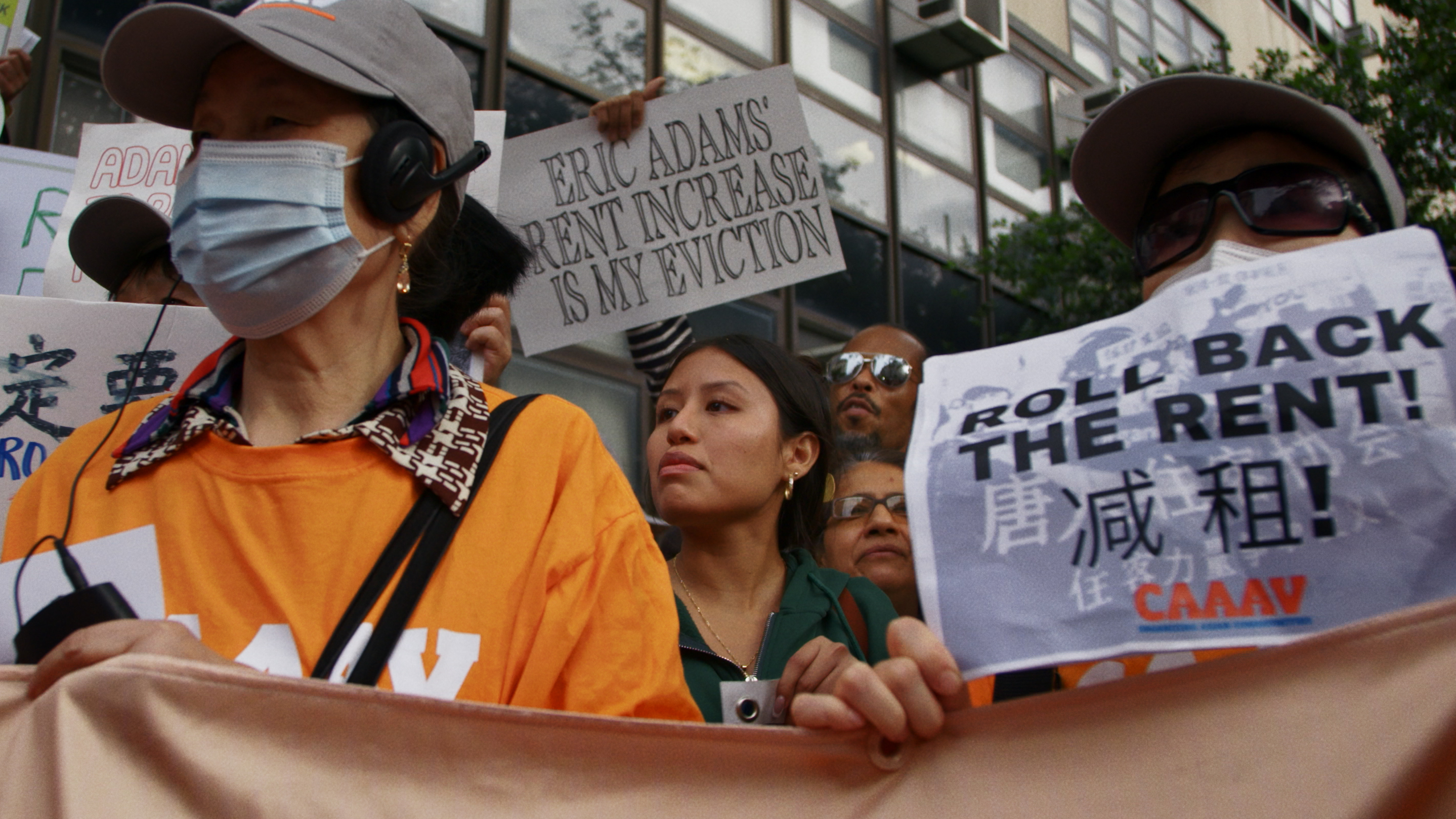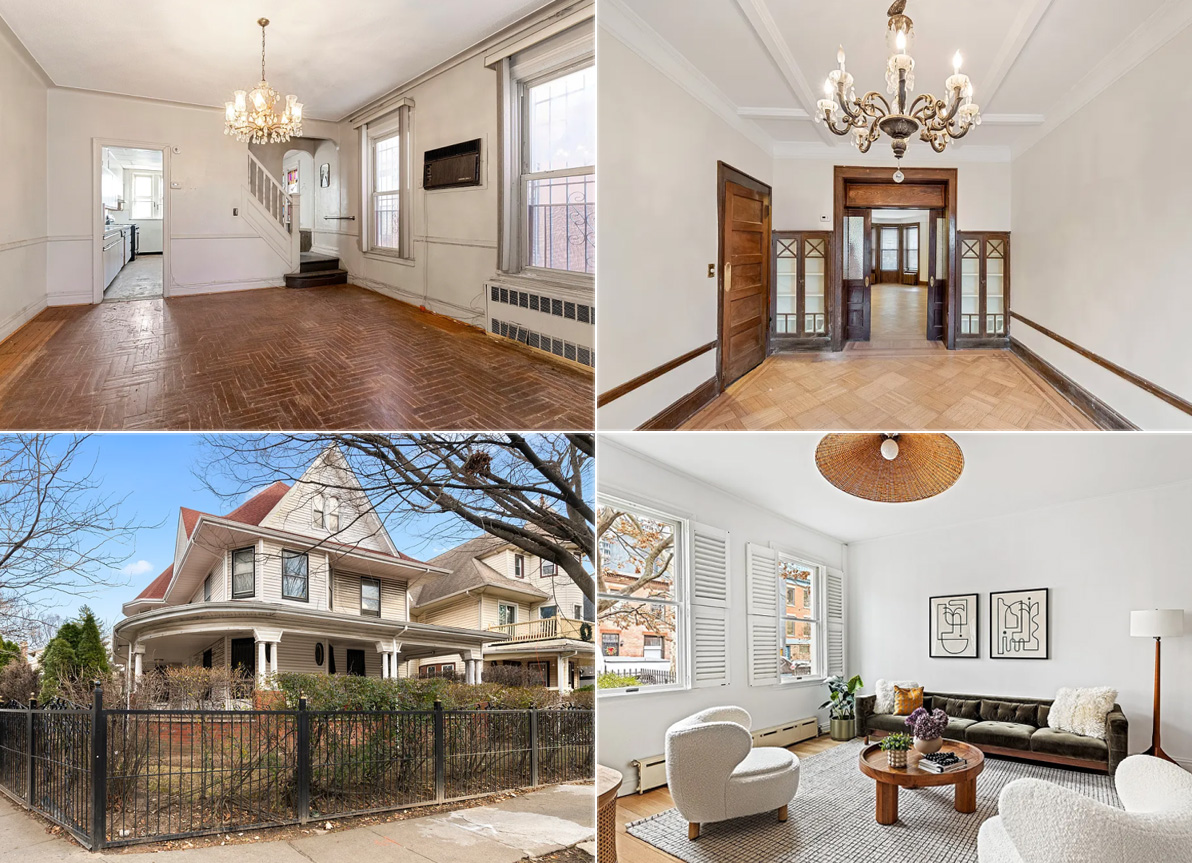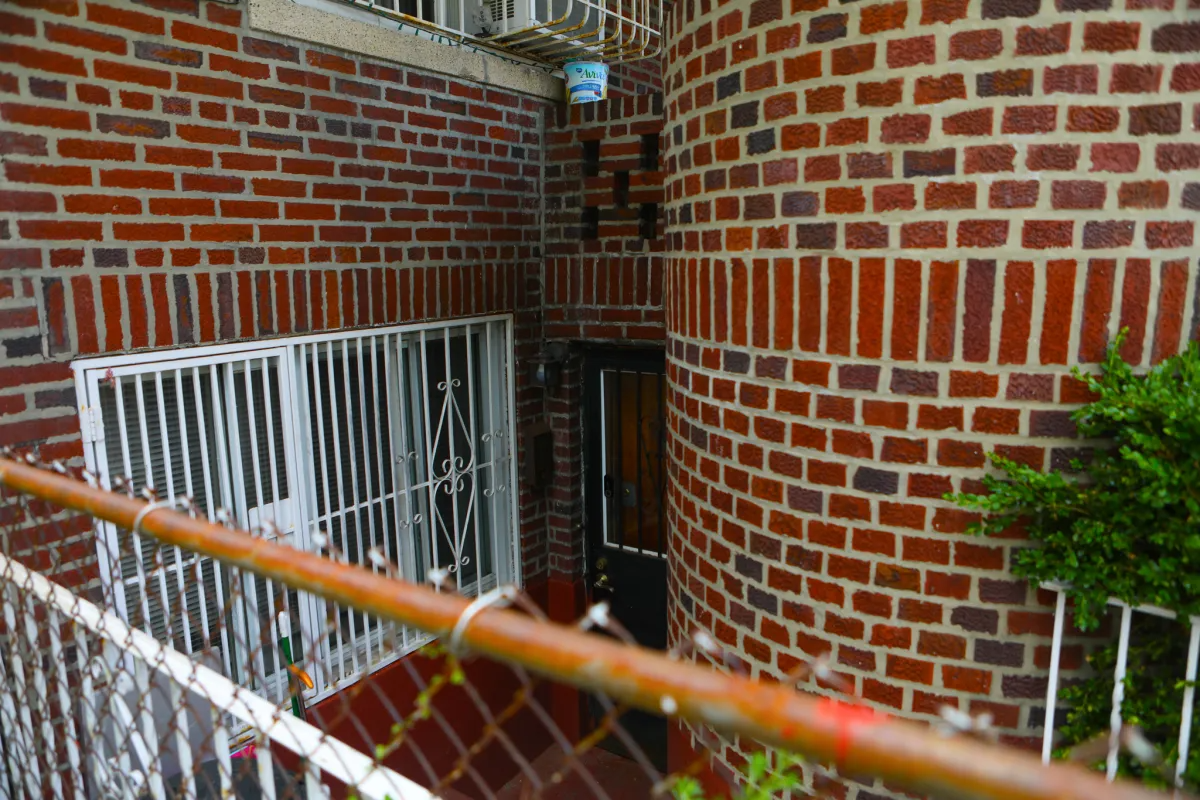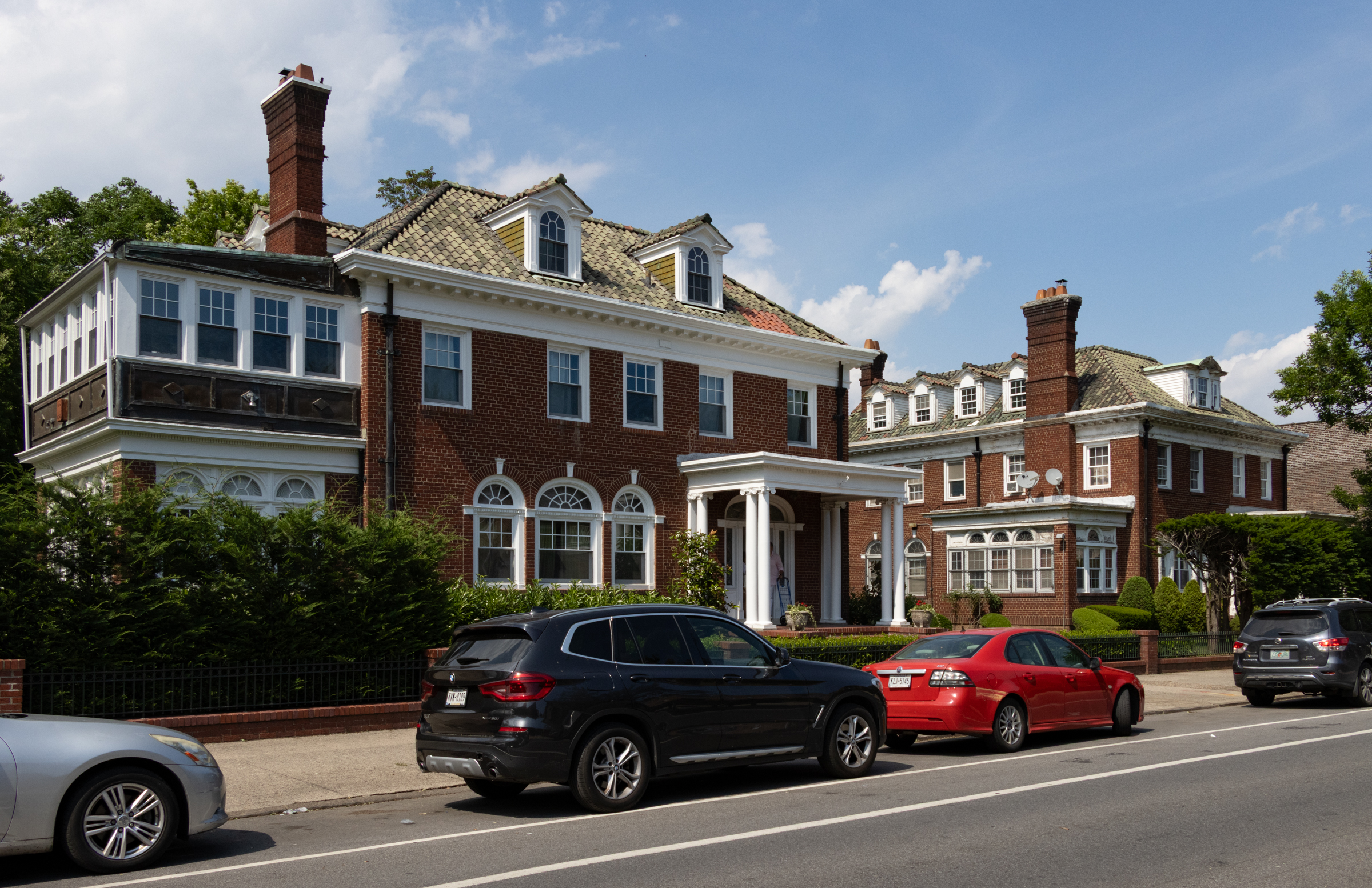House of the Day: Stretching It in the Slope
Is it just us or does $1.8 million seem like a lot of dosh for a three-story house of nice, but certainly not extraordinary, quality? We’re sure the block is a good one as the ad says, but both the scale and finishes of the house look modest by Park Slope standards. Or maybe this…

 Is it just us or does $1.8 million seem like a lot of dosh for a three-story house of nice, but certainly not extraordinary, quality? We’re sure the block is a good one as the ad says, but both the scale and finishes of the house look modest by Park Slope standards. Or maybe this is one of those cases where it would be worth it to hire one of those consultants to touch up the interiors–the Ikea furnishings certainly detract from the necessary gravitas needed to pull of this price (especially with the top two floors leased through the end of 2006!). Are you folks who know the Park Slope market with us on this one or is our lack of sleep starting to show?
Is it just us or does $1.8 million seem like a lot of dosh for a three-story house of nice, but certainly not extraordinary, quality? We’re sure the block is a good one as the ad says, but both the scale and finishes of the house look modest by Park Slope standards. Or maybe this is one of those cases where it would be worth it to hire one of those consultants to touch up the interiors–the Ikea furnishings certainly detract from the necessary gravitas needed to pull of this price (especially with the top two floors leased through the end of 2006!). Are you folks who know the Park Slope market with us on this one or is our lack of sleep starting to show?
10th Street [Corcoran]





Of course the way trader-guy just laid it out, the 2nd guy wins. But, that was not the way the original assumptions read.
You’re the one who’s too dense to see that your original assumptions are so poorly worded that there is a wide margin for interpretation.
I expect better analytical ability and communication skills from a 1st year Analyst. Oh, BTW chumpy, I’ll take my coffee with milk in the morning.
Thanks
This is “trader guy.” I swore I wouldn’t post again out of respect for brownstoner, but what the hell. The guy/gal who supported my position with the portfolio concept got it perfectly, except I was looking at it even more simply so that bubba might understand, but alas!
I’ll try it for the last time. The buyer has $4 million to blow (the thought is that we were discussing what might hold up better in a down market) One could buy a brownstone for $4 m cash (let’s keep it simple) or buy a coop for 400K. The market tumbles 25% and you have to sell for whatever reason. The second guy lost 100K and still has $3.9 million (30OK in equity and 3.6 million in cash). The first guy has $3 million in equity and lost $1 million. I try and hold other things constant for simplification purposes. Do you understand now bubba?
or do you still want to talk about different assumptions than I originally outlined in order to support your argument. Assumptions like the market INSTEAD goes up and of course on absolute terms 100% gain is better off for the $1 million purchase price versus the guy who bought at 100K.
Or do you want to revise another assumption you somehow came up with that the mansion sold at 3.25 million and then went up and came back down so the guy didn’t lose anything. As I said at least twice and now three times you can buy at $4m or 400K.
Thanks for the support from the other poster, but this guy is too dense to get it.
Lots of ways to look at this
Suppose the 1st guy has net worth of $4MM and loses $1MM, so he ends up with net worth of $3MM.
And the 2nd guy has net worth of $400K and loses $100K, so he ends up with net worth of $300K.
Which one is better off?
Wrong, the second guy lost $100K out of $400K (not $4M).
In your example, they are both exactly the same on a percentage basis. Only, the 1st guy has a much bigger portfolio.
The second guy lost 100K out of the 4M he invested in various things or 2.5%
The first guy lost 1M out of the 4M he invested in various things or 25%.
The other investments would have had to lose more than approximately 23% or more for the second guy to be worse off.
The second guy lost 100K out of the 4M he invested in various things or 2.5%
The first guy lost 1M out of the 4M he invested in various things or 25%.
The other investments would have had to lose more than approximately 23% or more for the second guy to be worse off.
Sorry, but that’s wrong, “Assuming that the return on their investments is equal, unless the return is really terrible, the second guy has more money in the end.”
Trader guy states that the two houses return to par at exactly the same price they were purchased for one year ago. So, there is no loss relative to the original investment.
How does the 2nd guy end up with more money. Even on a portfolio basis, it makes no difference.
I think the trader is looking at property as part of a larger portfolio which has a certain value.
There is 4M dollars.
One guy took the 3.1M and bought a brownstone. They have a 900K mortgage (I say this because more than 1M mortgage cannot be deducted). They have the rest of the money invested in other things which are making some return, lets say 10% just to throw a number out. His property goes down 1M so his whole portfolio is down 1M.
The other guy bought some apt for 400K. Lets say he put 25% down so he has a 300K mortgage. He has the other 3.9M invested in other instrunents and is making 10%. This guy’s property went down 100K so his portfolio is down a much lower percentage.
Assuming that the return on their investments is equal, unless the return is really terrible, the second guy has more money in the end. Of course this does account for every situation, it is still a simplification.